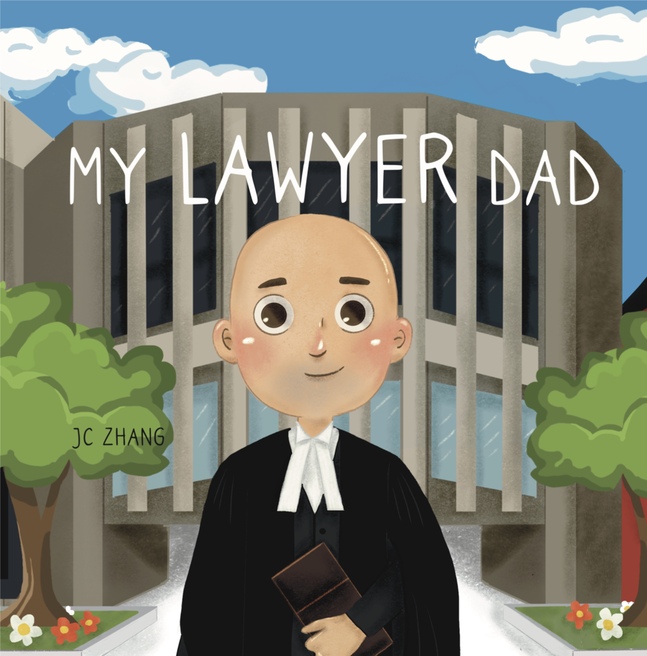Nabel Haque for Bencher
I see great potential in providing high grade legal services to the public by enhancing the tools and structures available to lawyers such as mentoring programs and access to county law libraries, implementing current technology to streamline processes, and by instituting programs to assist new lawyers in operating their practices as sound businesses.
I am firm in my belief that people work best if they are well taken care of and that lawyers without worry about fiscal and administrative considerations can focus on the law and practice with passion.
I believe the profession can be rewarding and enjoyable while taking care of the public interest.
For more information on my platform visit haquelaw.com
What inspired you to decide to run for bencher this year?
Control over my destiny. Like many of you may agree the legal profession consumes a large amount of our lives. I want to make sure that lawyers do not end up working more for less. Instead of instituting more rules on members I want to offer tools that will allow lawyers reduce administrative and economic burdens to allow them to focus on the law.
Which issue facing the law profession are you most concerned about?
The debundling of legal services and encroachment into areas of practice by non professionals. We earned our status as members of a ‘profession’ through years of education. Our role in the dispensation of legal services is sacrosanct just as the doctor’s role in providing medical care. Parceling off legal services and allowing those with less training to intrude into areas of law reserved for lawyers risks commoditizing legal services, the esteem in which the profession is held, and the quality of service offered to the public. Non lawyers have an important role just as nurses do in the medical profession, but not by acting as substitutes to lawyers.
What would be your first priority upon getting (re)elected?
I want the profession to be at the forefront when it comes to implementing the latest technological advances in all areas of practice whether it be in the provision of legal services, managing the practice, and marketing themselves.
What do you hope to achieve over the next four years as a member of Convocation?
These are my priorities:
1. Expanding programs designed to assist small firms, sole practitioners, and new calls in operating their practices as sound businesses;
2. Offering a pension plan to members as well as voluntary insurance coverage to protect against work interruption;
3. Guarding against the intrusion of paralegals into areas of the law reserved for lawyers;
4. Starting a public awareness campaign to enhance the image of the profession.
5. Ensuring transparency and consistency of the Law Society.
What is the most prominent concern for the profession in your region of the province?
Access to justice. This is a complex problem that will require the profession to address a number of external issues as well as internal ones. Access to justice can be denied by the court system as people with valid claims can be scared away by the specter of paying substantial costs to the other side if they lose. Access to justice can be denied to people who cannot find lawyers who speak the same language. Access to justice can be affected by the adversarial system and the unwillingness of either counsel or client to make concessions thereby prolonging dispute and making it prohibitively expensive for less wealthy parties. High legal fees can also be a barrier to justice. However, simply reducing fees can ultimately lead to the degradation in the quality of legal services. Instead, just as the advent of the video conferencing, email, and online researching tools reduced overheads while increasing efficiency, the profession should be looking for new ways to implement current advances to ameliorate legal costs through efficiency. I also believe that lawyers do provide legal assistance pro bono every day without realizing it, we are problem solvers by nature. We would likely do more if we practiced law on our own terms.

